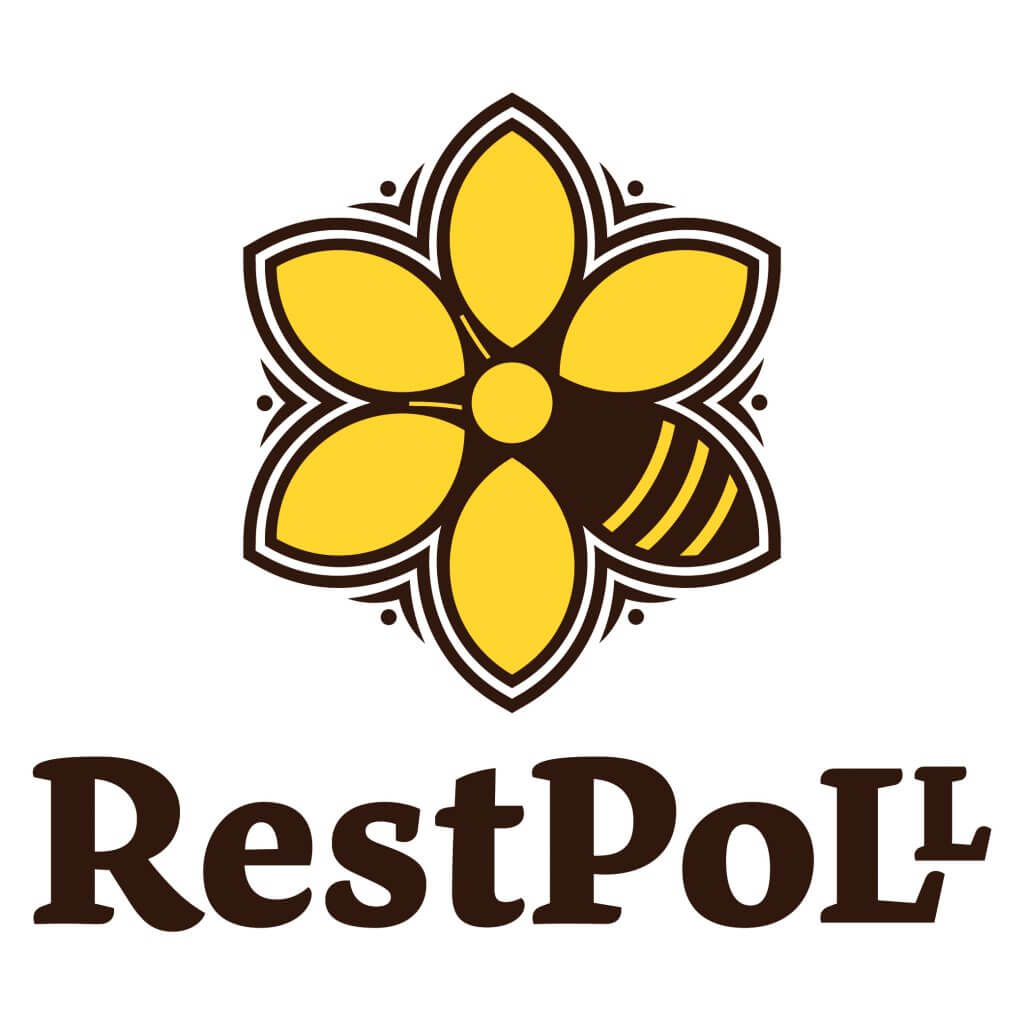RestPoll
RestPoll
Restoring pollinator habitats across European agricultural
landscapes based on multi-actor participatory approaches (EU)
WP 7: Coordinating, networking and data management
WP 1: Establishing and testing co-adaptive management in a European restoration network
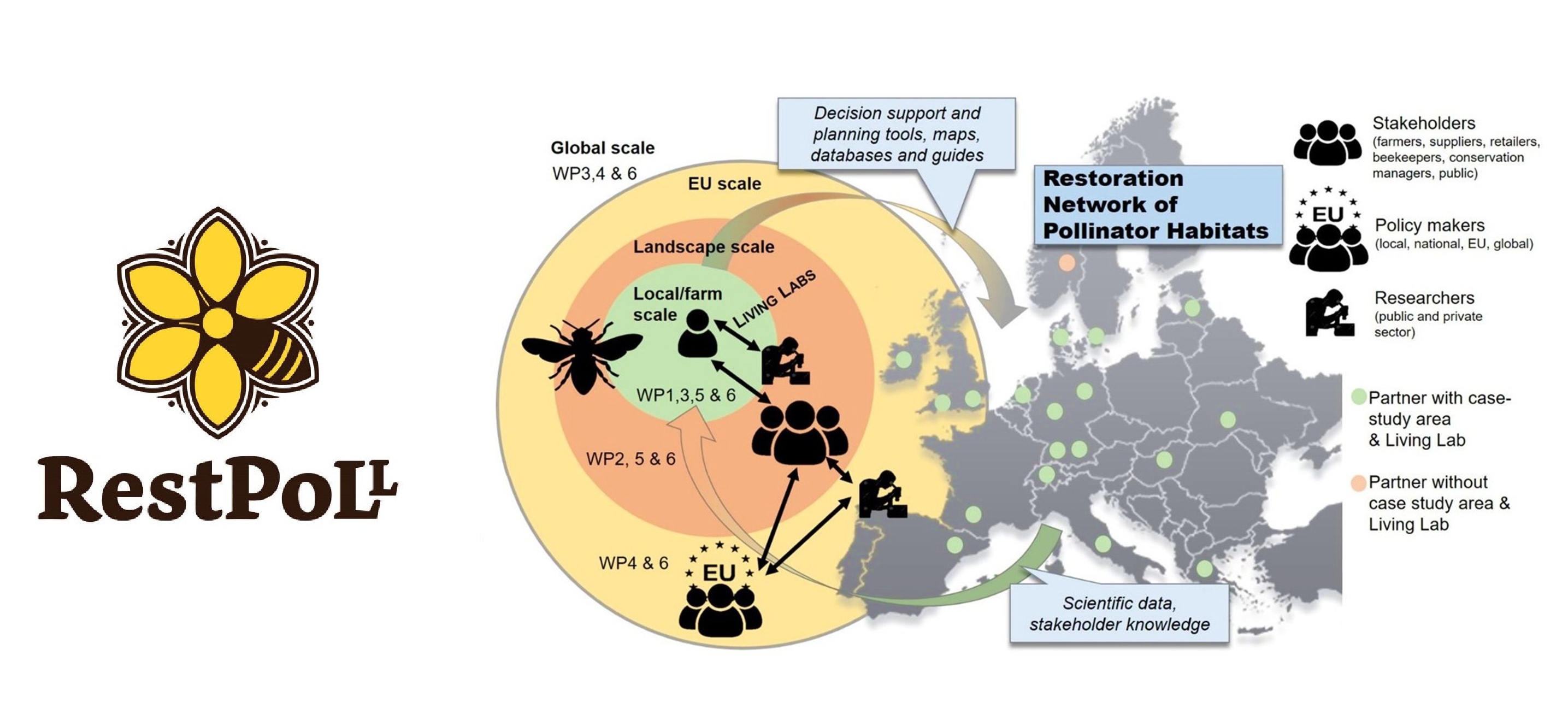 | |
| | |
Bearbeitung: Prof. Alexandra-Maria Klein (Leitung/Koordination) MSc. Amibeth Thompson (Koordination) Dr. Felix Fornoff Dr. Dimitry Wintermantel Dr. Julia Osterman | Laufzeit: Oktober 2023 - September 2027 Finanzierung: EU HORIZON-CL6-2022-BIODIV-02-01-two-stage Maintaining and restoring pollinators and pollination services in European agricultural landscapes
|
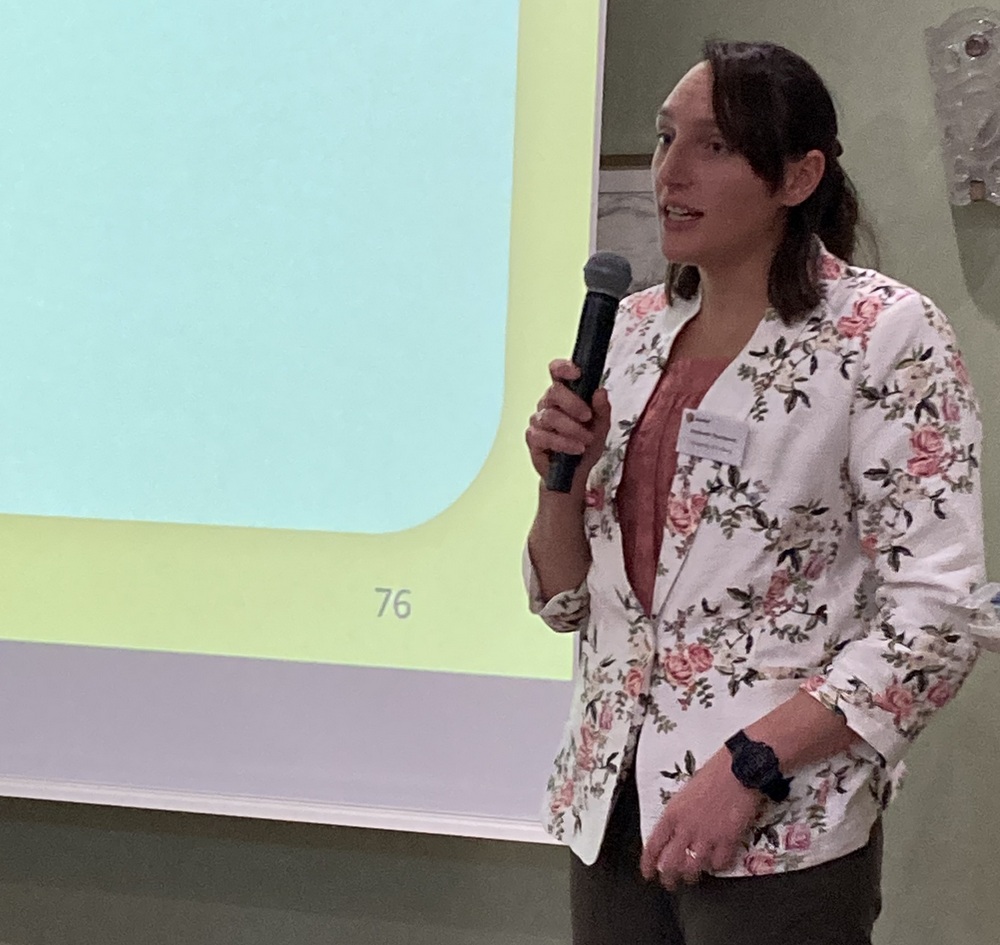 | 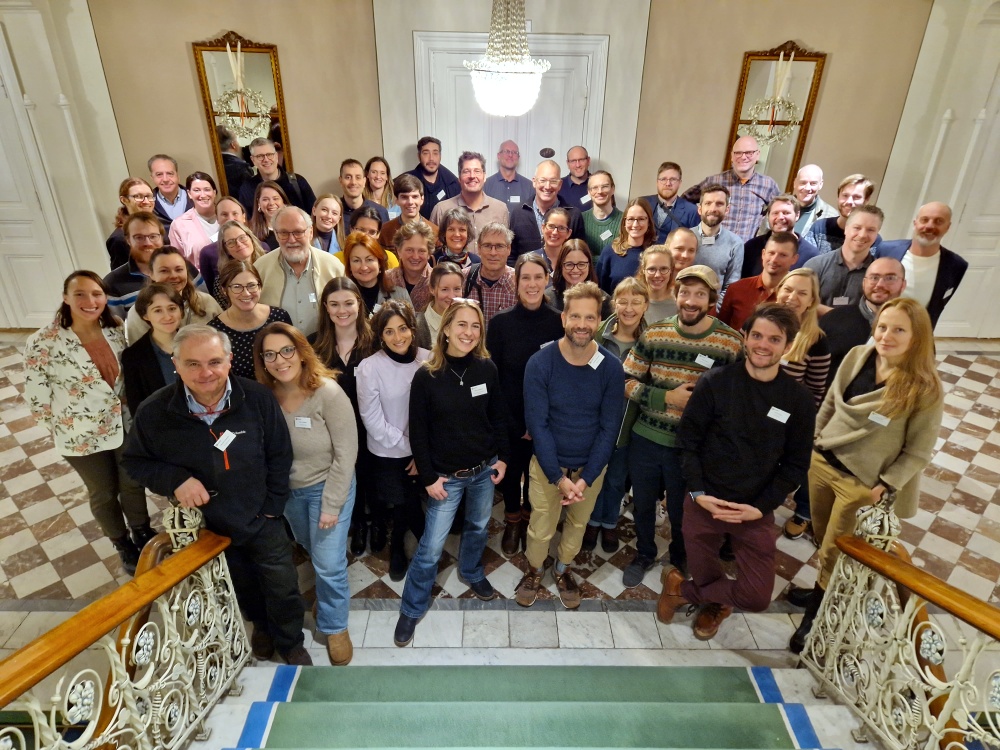 | 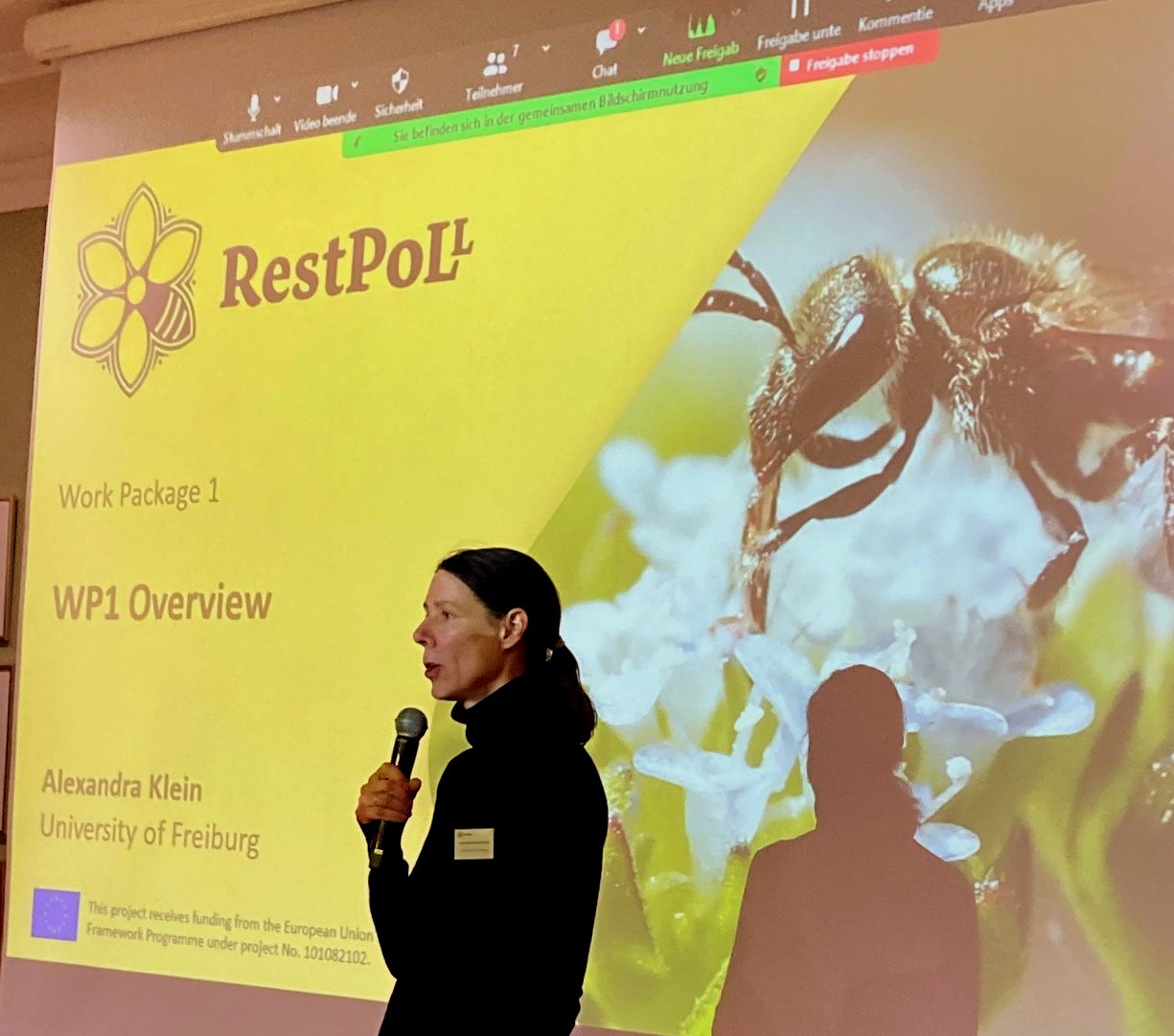 | |||
| |||||
Kick-Off meeting 28.-29.11.2023 in Lund, Schweden | |||||
 |
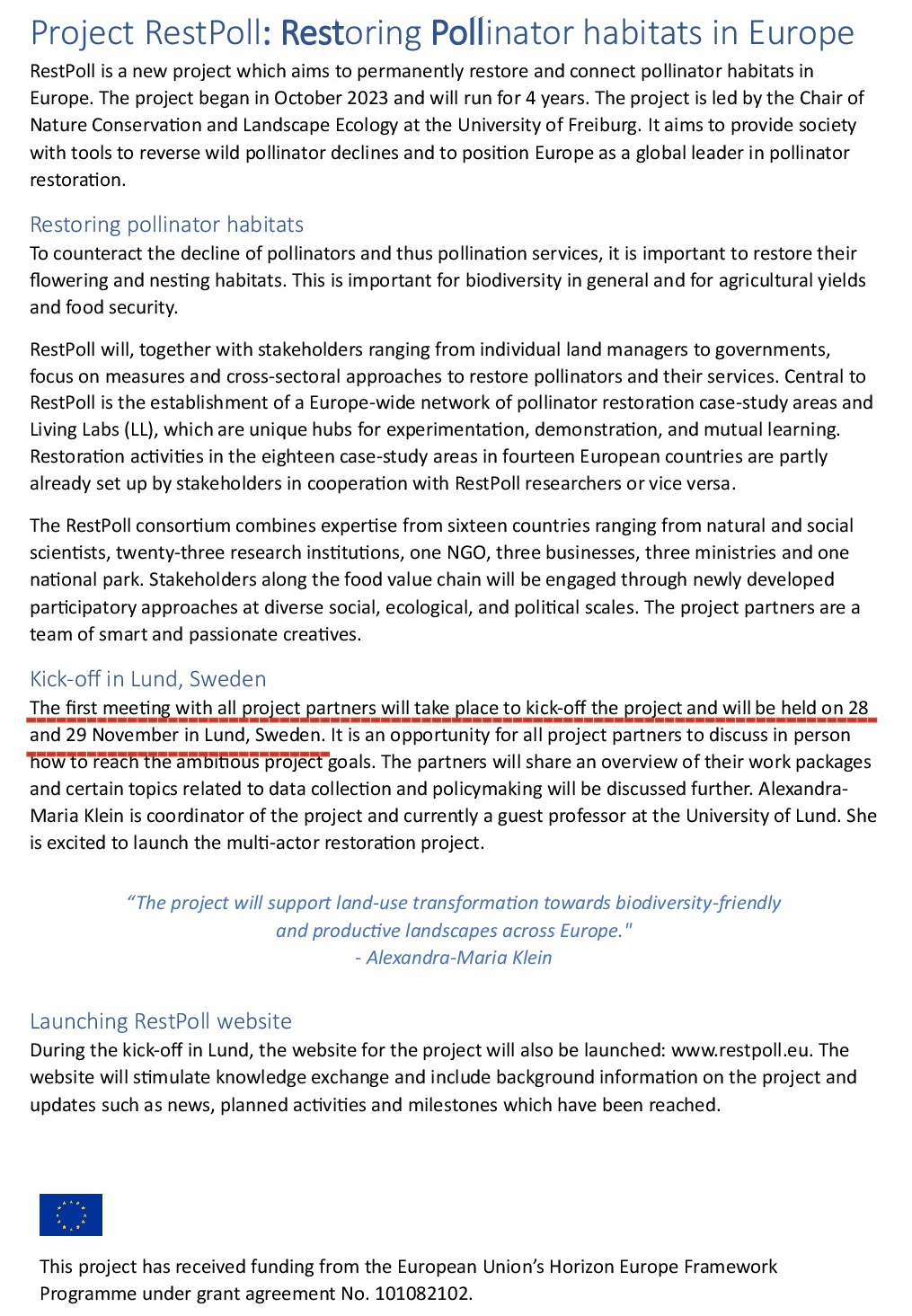 |
| RestPoll is a highly transdisciplinary project aiming to provide society with tools to reverse wild pollinator declines and to position Europe as a global leader in pollinator restoration. RestPoll will, together with stakeholders ranging from individual land managers to governments, co-design, evaluate, and refine measures and cross-sectoral approaches to restore pollinators and their services. The RestPoll consortium combines the expertise of natural and social scientists, NGOs, businesses, and ministries. Stakeholders along the food value chain will be engaged through newly developed participatory approaches at diverse social, ecological, and political scales. Central to RestPoll is the establishment of a Europe-wide network of pollinator restoration case-study areas and Living Labs (LL), which are unique hubs for experimentation, demonstration, and mutual learning. RestPoll aims to position Europe as a global leader and set the future agenda for pollinator restoration worldwide. The transdisciplinary RestPoll consortium will develop, test, evaluate and refine cross-sectoral pollinator restoration approaches to conserve biodiversity and to benefit nature and society. To restore wild pollinator diversity and their vital pollination services, RestPoll will co-design measures with different stakeholders (ranging from individual land managers to governments) at various spatial scales (field, farm, landscape, European scales), in agricultural landscapes that are dominated by intensively managed crops or grasslands. Our holistic approach, informed by cutting-edge transdisciplinary research, will integrate stakeholders and actors at multiple levels as well as natural and social science disciplines to engage in participatory planning and development of new business models. Learning outcomes will be disseminated by regional to European multi-actor partners and collaborators, which will ensure impact beyond the end of the project. |

